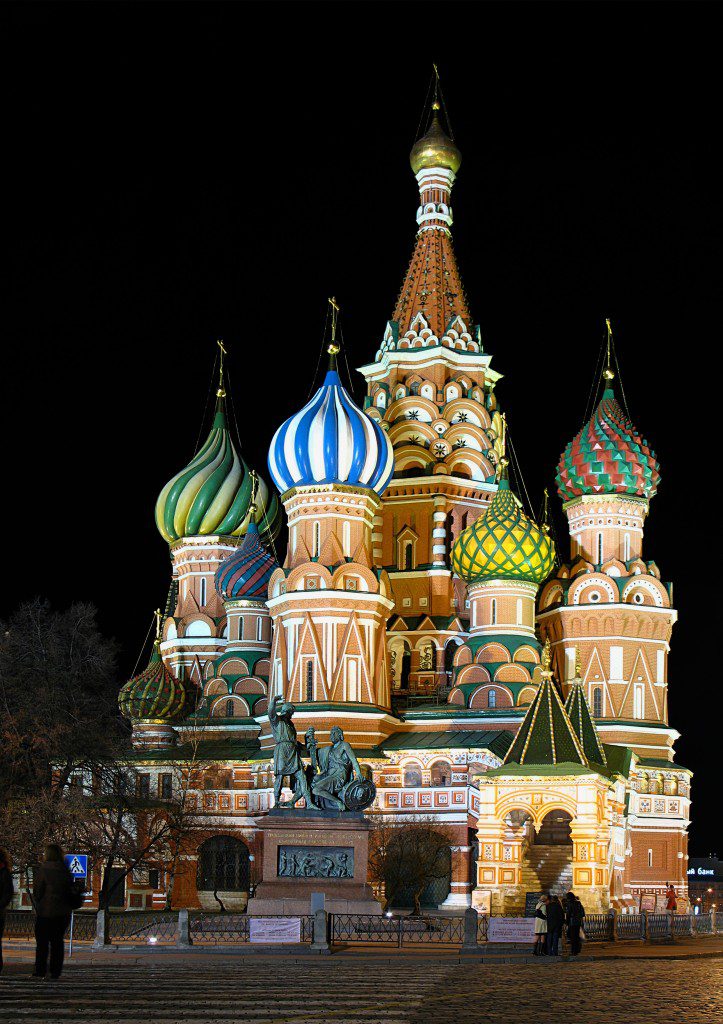
(Wikimedia Commons public domain photo)
Three passages excerpted for my notes from Fyodor Dostoyevsky, The Brothers Karamazov, unabridged, translated by Constance Garnett (New York: Signet Classics, Penguin Books, 1980):
Father Zossima to Madame Hohlakov, who has expressed her religious doubts and anguish to him:
“[T]here’s no proving it, though you can be convinced of it.”
“How?”
“By the experience of active love. Strive to love your neighbor actively and constantly. In so far as you advance in love you will grow surer of the reality of God and of the immortality of your soul. If you attain perfect self-forgetfulness in the love of your neighbor, then you will believe without doubt. Doubt will no longer be able to enter your soul. This has been tried. This is certain.” (64)
And then these two gems:
“Be not proud. Be proud neither to the little nor to the great. Hate not those who reject you, who insult you, who abuse and slander you. Hate not the atheists, the teachers of evil, the materialists — and I mean not only the good ones — for there are many good ones among them, especially in our day — hate not even the wicked ones. Remember them in your prayers thus: Save, O Lord, all those who have none to pray for them. Save too all those who will not pray.” (164)
“Remember always, young man,” Father Paissy began, without preface, “that science which has become a great power in the last century, has analyzed everything divine handed down to us in the holy books. After this cruel analysis the learned of this world have nothing left of all that was sacred. But they have only analyzed the parts and overlooked the whole, and indeed their blindness is marvelous. Yet the whole still stands steadfast before their eyes, and the gates of hell shall not prevail against it. Has it not lasted nineteen centuries? Is it not still a living, a moving power in the individual soul and in the masses of people? It is still strong and living even in the souls of atheists, who have destroyed everything! For even those who have renounced Christianity and attack it still follow the Christian ideal. And neither subtlety nor the ardor of their hearts has been able to create a higher ideal of man and of virtue than the ideal given by Christ of old. When it has been attempted, the result has been only grotesque.” (171)












